
Exploring the Future of Aquaponics Systems at the 138th Canton Fair 2025 in China
As the global demand for sustainable food production continues to rise, innovative agricultural practices such as the Aquaponics System are gaining significant attention. The upcoming 138th Canton Fair in 2025 presents a unique opportunity to explore the latest advancements in aquaponics technology and its potential to revolutionize the way we approach food cultivation. This hybrid system, which combines aquaculture and hydroponics, not only maximizes space and resources but also increases efficiency and yields. By fostering a symbiotic environment where fish and plants thrive together, the Aquaponics System stands as a testament to the effectiveness of sustainability in agriculture. This year's fair promises to bring together industry leaders, researchers, and enthusiasts to discuss these transformative systems, share insights, and showcase innovative solutions that could shape the future of food production. As we delve into the possibilities presented at the Canton Fair, the Aquaponics System will undoubtedly be at the forefront of conversations about the future of farming in an increasingly resource-conscious world.
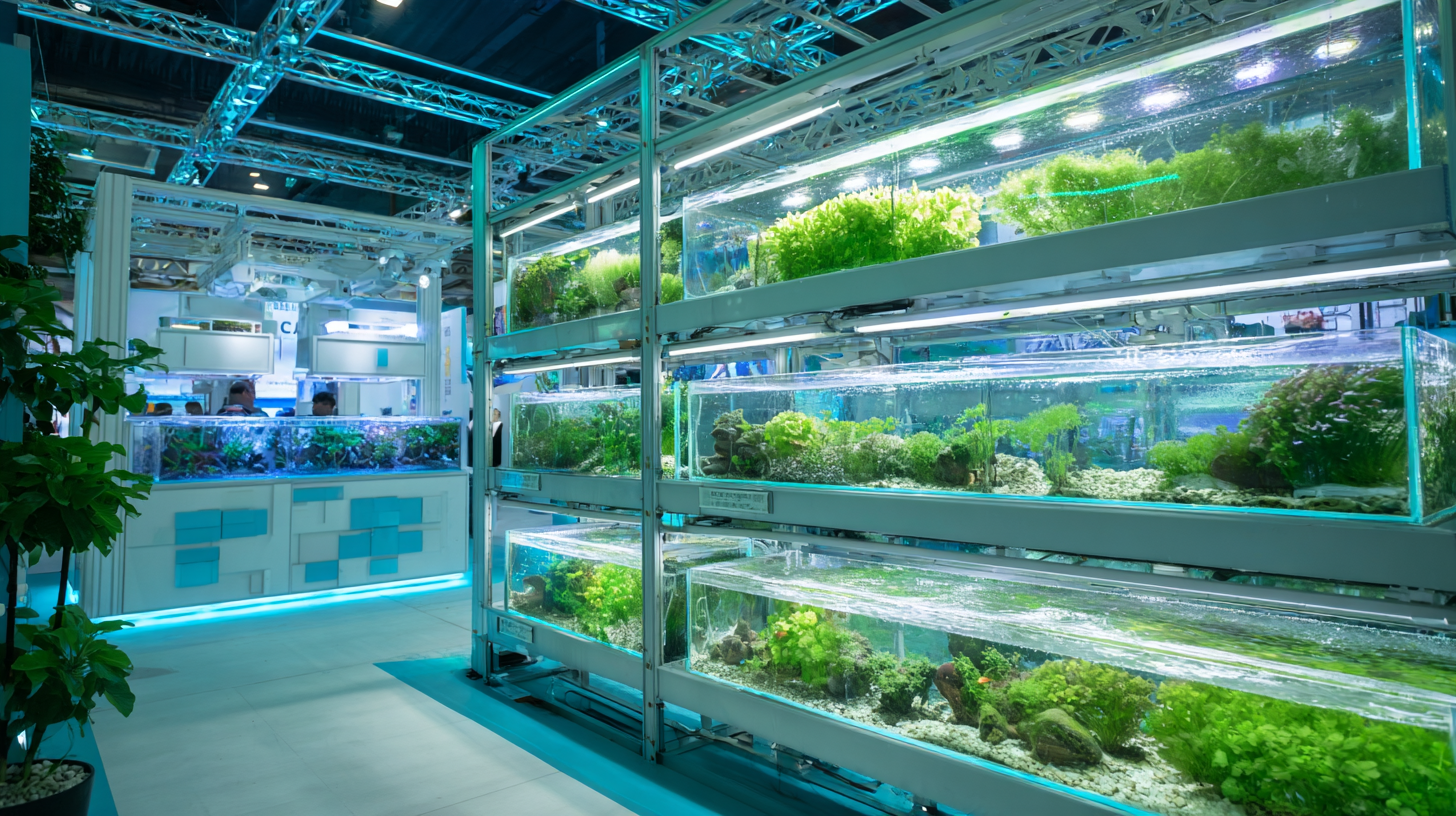
Future Trends in Aquaponics Technology Showcased at the Canton Fair 2025
The 138th Canton Fair in 2025 promises to be a significant event for the aquaponics industry, showcasing future trends and innovative technologies that could revolutionize agricultural practices. As urbanization intensifies and a growing population demands sustainable food sources, aquaponics systems are gaining attention for their ability to produce food in a closed-loop environment. This synergy between aquaculture and hydroponics optimizes water use and enhances crop yields while minimizing waste, making it an attractive solution for the future.
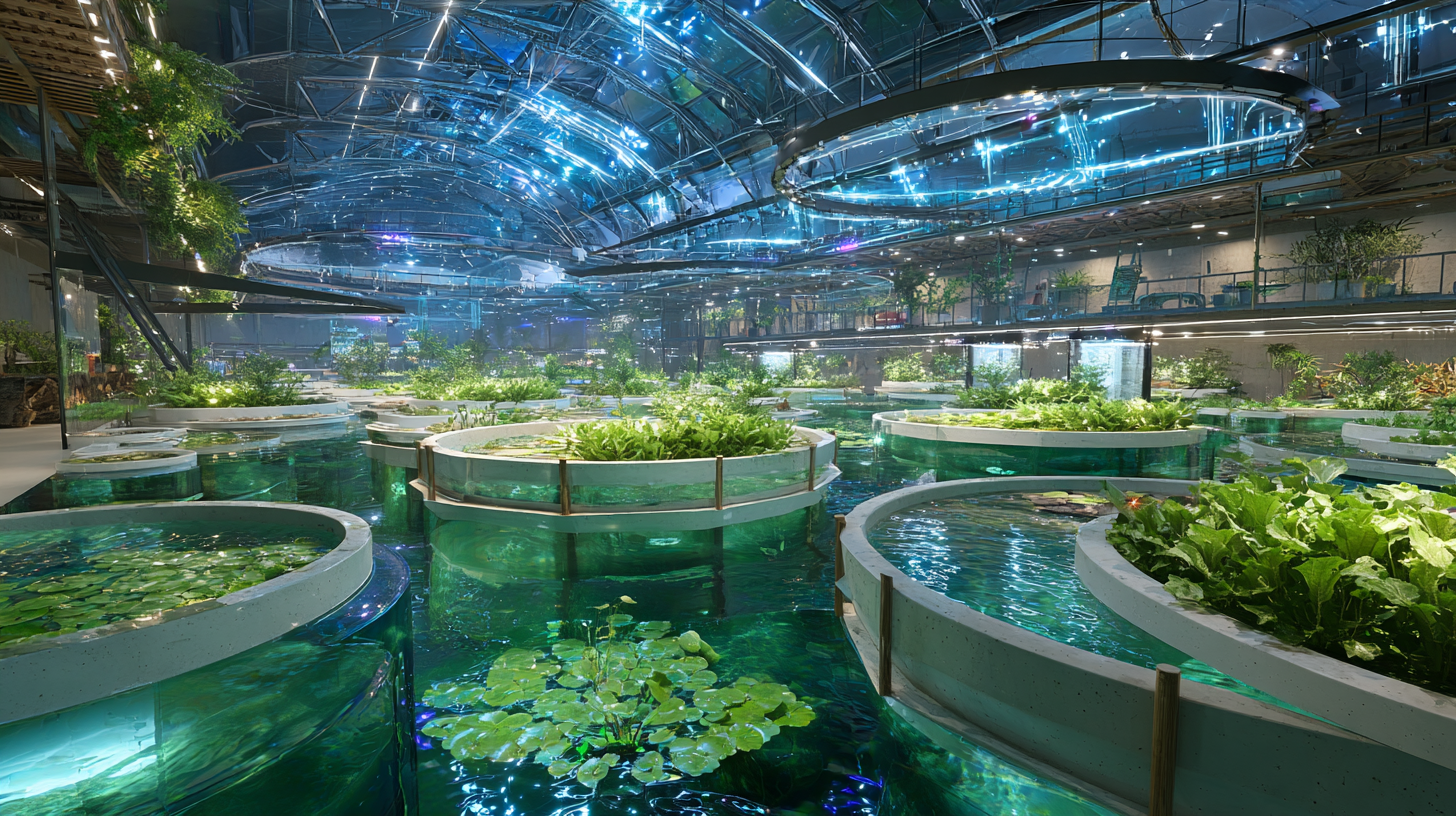
At the fair, visitors can expect to see cutting-edge technologies designed to enhance the efficiency and efficacy of aquaponics systems. Among the highlighted advancements are automated monitoring systems powered by AI, which allow for real-time adjustments to optimize nutrient delivery and fish health. Additionally, innovations in sustainable materials and energy-efficient designs are set to reduce the carbon footprint of aquaponics farms, aligning with global sustainability goals. The Canton Fair 2025 will thus not only present the latest in aquaponics technology but also foster discussions on best practices and collaborative efforts to shape a more sustainable agricultural landscape.
Innovative Aquaponics Systems: Revolutionizing Sustainable Agriculture
The 138th Canton Fair in 2025 promises to be a pivotal event for the future of sustainable agriculture, with innovative aquaponics systems taking center stage. These systems, which combine aquaculture and hydroponics, not only enhance food production efficiency but also minimize waste and resource consumption. By creating a symbiotic relationship between fish and plants, aquaponics systems utilize natural nutrient cycles, reducing the need for chemical fertilizers and promoting ecosystem sustainability.
This year's fair is set to showcase groundbreaking technologies in aquaponics, offering farmers and entrepreneurs insights into how these systems can be integrated into their operations. Exhibitors will present modular systems that are scalable and adaptable, making them suitable for urban agriculture as well as traditional farming. With a focus on innovation, participants can expect discussions on advancements in sensor technology, automated monitoring, and water conservation techniques, all aimed at revolutionizing how food is grown and cultivated in the face of climate change challenges.
Key Players in the Aquaponics Industry: Collaborations and Partnerships
As the 138th Canton Fair approaches in 2025, the aquaponics industry is poised for significant advancements fueled by key collaborations and partnerships among major players. The global hydroponics market, valued at approximately $1.04 billion in 2023, is forecasted to grow from $11.14571 billion in 2024 to an impressive $23.9996 billion by 2032. This growth trajectory emphasizes the thriving interest and investment in sustainable food production methods, particularly aquaponics, which combines aquaculture with hydroponics to create a symbiotic environment for fish and plants.
Key players within the aquaponics sector are actively seeking collaborations to enhance technological innovation and operational efficiency. Partnerships between manufacturers, suppliers, and research institutions foster knowledge exchange and drive the development of more efficient systems. As the industry evolves, these strategic alliances will be crucial to navigate challenges and leverage new market opportunities, ensuring that aquaponics becomes a cornerstone in sustainable agricultural practices. Stakeholders must remain attuned to these developments, as they will shape the future landscape of aquaponics within the global marketplace.
Exploring the Future of Aquaponics Systems at the 138th Canton Fair 2025 in China - Key Players in the Aquaponics Industry: Collaborations and Partnerships
| Key Player Role | Collaboration Type | Focus Area | Location | Impact on Industry |
|---|---|---|---|---|
| Research Institution | Joint Research | Sustainable Practices | USA | Advanced Techniques Development |
| Technology Provider | Technology Transfer | Automated Systems | Germany | Improved Efficiency |
| Commercial Grower | Public-Private Partnership | Urban Agriculture | China | Increased Local Production |
| Non-Governmental Organization | Awareness Campaign | Community Engagement | India | Greater Public Understanding |
The Role of Aquaponics in Addressing Food Security Challenges
Aquaponics systems represent a promising solution to the challenges of food security, particularly in regions facing environmental constraints. Recent studies highlight the integration of hydroponics with aquaculture to create zero-waste systems, utilizing agricultural waste as nutrient sources. This innovative approach not only enhances nutrient recovery but also promotes sustainable practices in arid areas, which often struggle with water scarcity and poor soil quality. For example, sandponics has emerged as a viable agricultural method that optimizes resource use and boosts crop yield, essential in meeting growing food demands.
Moreover, the global landscape of aquaculture is shifting, with aquaculture production increasingly filling the gaps left by declining capture fisheries. Reports indicate that since 2000, aquaculture has become deeply embedded in the global food system, providing diverse and sustainable seafood alternatives. The simultaneous cultivation of fish and vegetables in aquaponic systems can achieve up to 30% more total yield compared to traditional farming methods. Thus, as the agricultural sector evolves, embracing circular rather than linear models can lead to more resilient food systems, ultimately addressing critical food security issues while promoting environmental sustainability.
Consumer Awareness and Market Demand for Aquaponic Products in 2025
As the world increasingly shifts towards sustainable food production methods, the demand for aquaponic products is set to rise significantly by 2025. Consumers are becoming more health-conscious, seeking organic and environmentally friendly food sources.
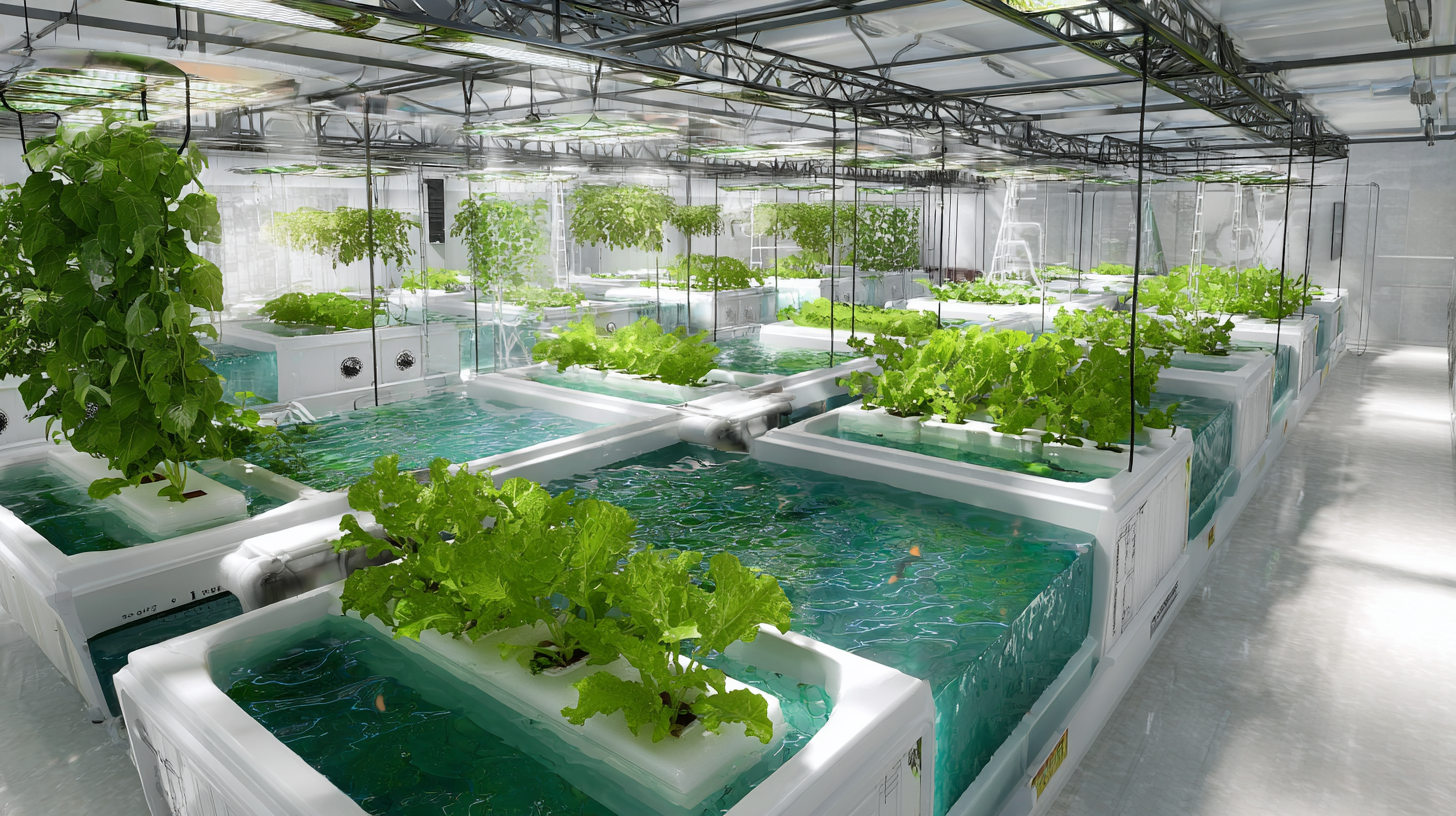 Aquaponics, a system that combines aquaculture and hydroponics, offers a solution that aligns with these values, providing fresh fish and vegetables grown in a symbiotic environment. This growing consumer awareness is expected to drive market demand, as individuals and households prioritize sustainability and nutritional quality in their purchasing decisions.
Aquaponics, a system that combines aquaculture and hydroponics, offers a solution that aligns with these values, providing fresh fish and vegetables grown in a symbiotic environment. This growing consumer awareness is expected to drive market demand, as individuals and households prioritize sustainability and nutritional quality in their purchasing decisions.
The 138th Canton Fair 2025 will serve as a platform for showcasing the latest innovations in aquaponics systems. Exhibitors will present products that not only highlight the efficiency of aquaponic farming but also educate visitors about its benefits. Increased visibility and understanding of aquaponic systems will likely foster greater acceptance among consumers, leading to heightened interest and investment in these products. As awareness continues to grow, aquaponics may transform from a niche market into a mainstream alternative, significantly impacting the agricultural landscape and consumer choices in the coming years.
Related Posts
-
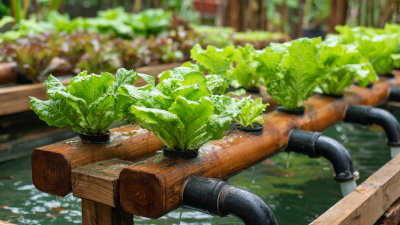
How to Build Your Own Sustainable Aquaponics System at Home
-

7 Best Features of Gothic Greenhouses You Need to Know
-
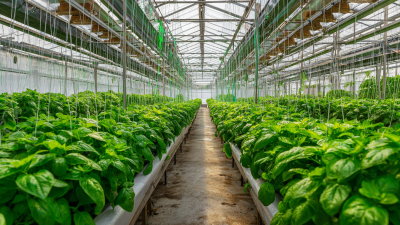
10 Advantages of Best Tunnel Greenhouse in Urban Farming for Higher Yields
-
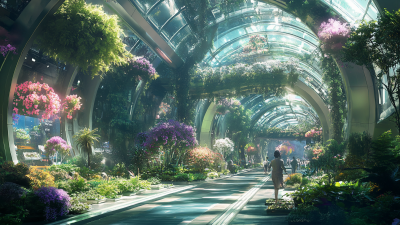
Explore the Future of Hydroponic Greenhouses at the Upcoming Canton Fair 2025
-
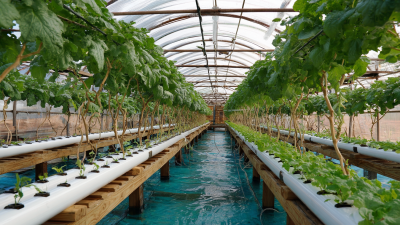
Unlocking the Advantages of the Best Aquaponics Greenhouse for Sustainable Farming Practices
-

The Ultimate Checklist for Choosing the Perfect Industrial Greenhouse Design
